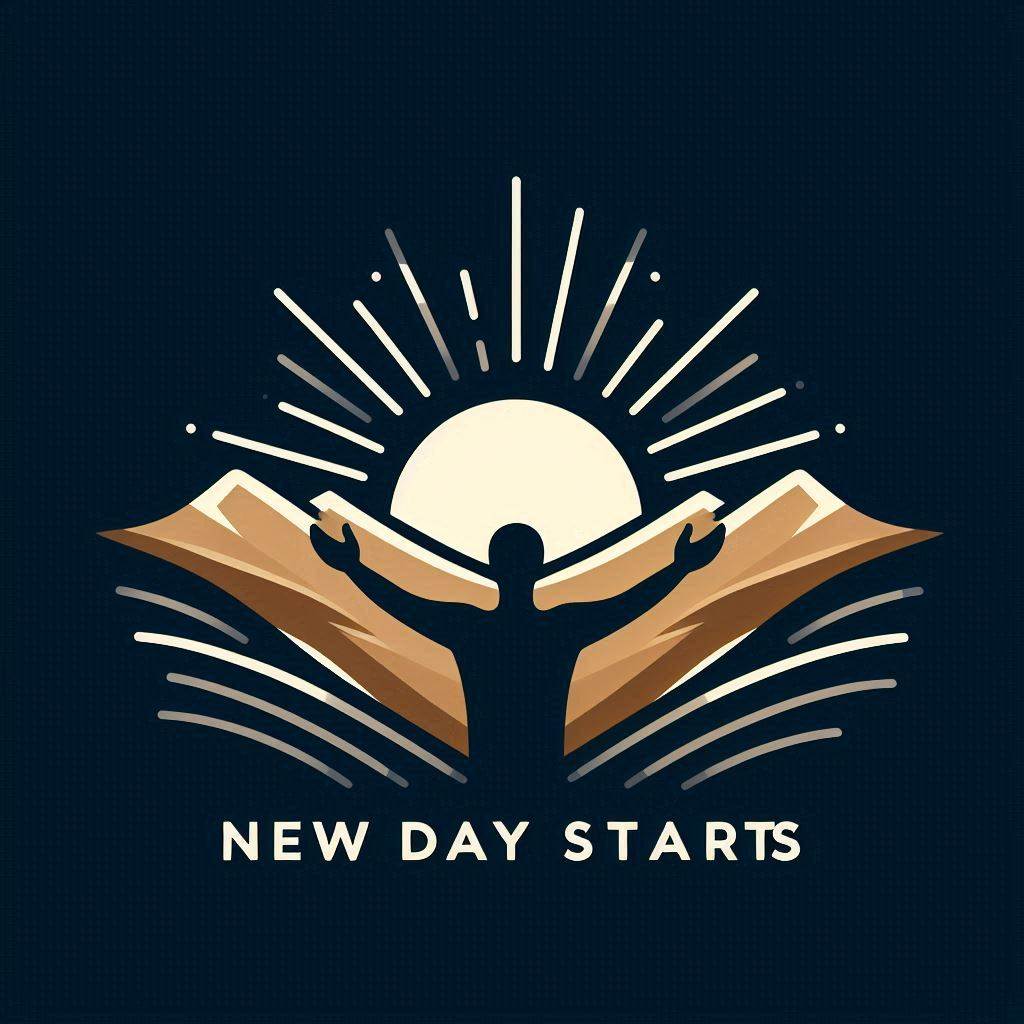I’ve never been a fan of labels and have spoken out against them for years. “Far right,” “radical left,” “woke,” “snowflake,” “fascist,” “Marxist” the list goes on. It seems we’ve built a political culture where sticking a tag on someone matters more than actually understanding what they’re saying.
What really makes me laugh (or despair, depending on the day) is how quickly people who object to being labelled themselves are the first to slap a label on someone else. Those who insist, “I’m not far right!” will, in the same breath, sneer about “the radical left,” or “the woke brigade.” It cuts both ways, or not at all.
This constant cycle of finger-pointing and name-calling isn’t debate. It’s a distraction. It lets people avoid having to justify their ideas, or even engage with anyone who challenges them. Why listen, when you can dismiss? Why think, when you can shout?
What’s worse, it’s fuelled by the very politicians and media figures who thrive on outrage. Talk shows need conflict; parties need enemies. So, the easiest route is to make disagreement sound like extremism. If you question immigration policy, you’re “far right.” If you talk about inequality, you’re “hard left.” If you ask for fairness, you’re “woke.”
This isn’t politics, it’s playground stuff dressed up as principle.
The truth is, most people aren’t ideologues. They’re not sitting around plotting cultural revolutions or national takeovers. They just want decent lives, a fair shot, and a bit of respect. But that doesn’t sell papers, and it doesn’t trend online. Division does.
So, maybe the next time someone throws a label your way, the best answer isn’t to throw one back, it’s to ask what they actually mean. Because once we stop talking in headlines and start talking like human beings again, we might find we’re not as divided as we’ve been told we are.
Until then, expect more shouting, more smugness, and more meaningless labels, from people who still can’t see that they’re doing exactly what they claim to hate.
@Newdaystarts

